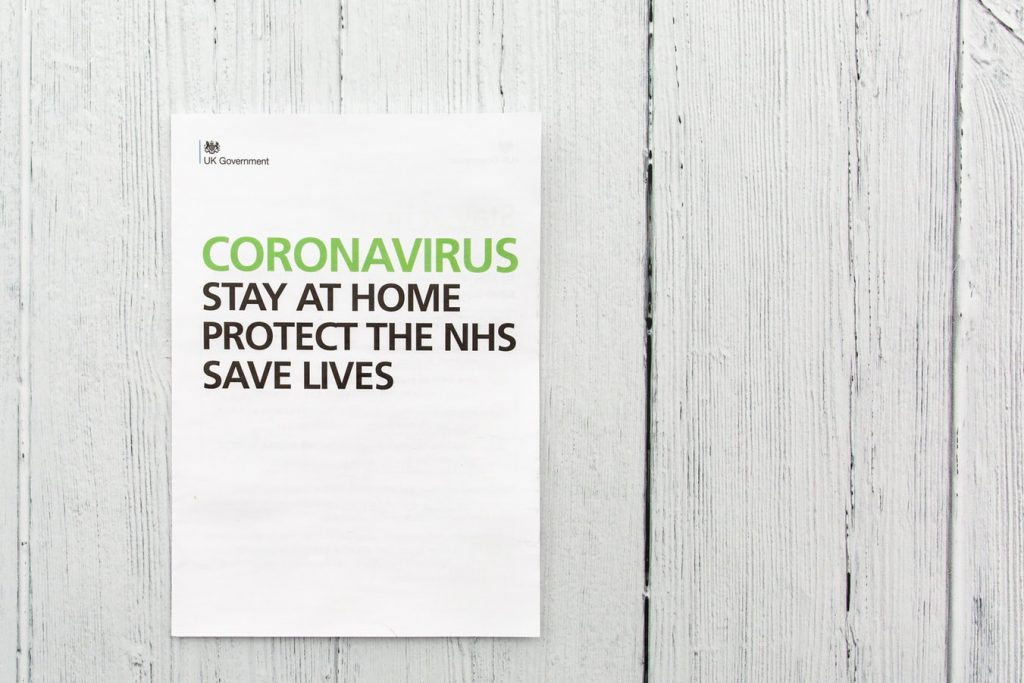Covid-19 – Employers’ Duties and Personal Injury Claims
The world is currently facing arguably its greatest crisis since the Second World War. The Coronavirus pandemic (Covid-19) that is sweeping the world has sadly seen thousands of deaths and resulted in stringent lockdowns being enforced in an attempt to try slow the spread of the virus. The situation in Scotland is no different with businesses closed, employees being furloughed and people working from home.
The question now is how does the Government get people back to work but more importantly, how do they get people back to work safely?
Employers have a legal duty to ensure that their employees are safe in the workplace. In light of Covid-19 employers will be expected to closely monitor the advice from the Government and industry bodies to be able to properly risk assess and take any necessary steps to keep their employees safe. Employers that monitor this advice closely and implement the appropriate recommendations will be suitably placed to successfully defend any claims brought against them.
This Government advice will likely include advice about:
- Suitable facilities for washing hands;
- Appropriate social distancing rules;
- The regular cleaning of work premises; and
- Personal Protective Equipment (PPE)
It should be noted that not only would an employee have to prove a breach of duty but they would also have to prove causation, that being that the breach resulted in the injury sustained. Given the spread of the virus and the multiple potential sources of infection it would be very difficult for an employee to prove, on balance of probabilities, that they contracted the virus at work. However, it is not impossible.
One consequence of people returning to work may be an increase in claims for psychological injury. A number of employees who the Government determine are most vulnerable may not be able to return to work as they have been instructed to “shield”. This could result in an increased workload for the remaining employees. Mental health in the workplace is of particular importance and employers will have to monitor this situation closely to ensure proper plans and ongoing reviews are in place to mitigate the risk to their employees.
 With the possibility that employees will be subjected to increased workloads this also brings the risk of physical injury. One could see employees taking on more responsibilities to fill in for absent colleagues. Are the remaining employees suitably trained to work with certain machinery? Are the remaining employees suitably trained to carry out certain tasks? These are pertinent questions for an employer and risks that they should be assessing and planning for.
With the possibility that employees will be subjected to increased workloads this also brings the risk of physical injury. One could see employees taking on more responsibilities to fill in for absent colleagues. Are the remaining employees suitably trained to work with certain machinery? Are the remaining employees suitably trained to carry out certain tasks? These are pertinent questions for an employer and risks that they should be assessing and planning for.
One must bear in mind that employees working from home are entitled to exactly the same level of care as those that are working in an office or a factory for example. Employers have a duty to ensure those working from home are provided with suitable equipment to carry out their duties. They must also consider the increased stress on employees and ensure that their workstations are appropriate to avoid the risk of musculoskeletal injuries.
It’s likely that the Government will provide more details and advice for employers in the coming weeks with a view to a gradual reopening of businesses. This advice will be, quite rightly, scrutinised by Unions throughout the UK. To ensure they continue to comply with their legal duties employers will require to consider this guidance carefully and implement changes where necessary. One thing that is certain is that working, as we know it, will be considerably different.
Walker Laird regularly advises clients in respect of Accidents at Work and should you have any queries whatsoever please contact our Michael Wilson on 0141 887 5271. Alternatively, please complete our online enquiry form and a member of our team will be in touch.

